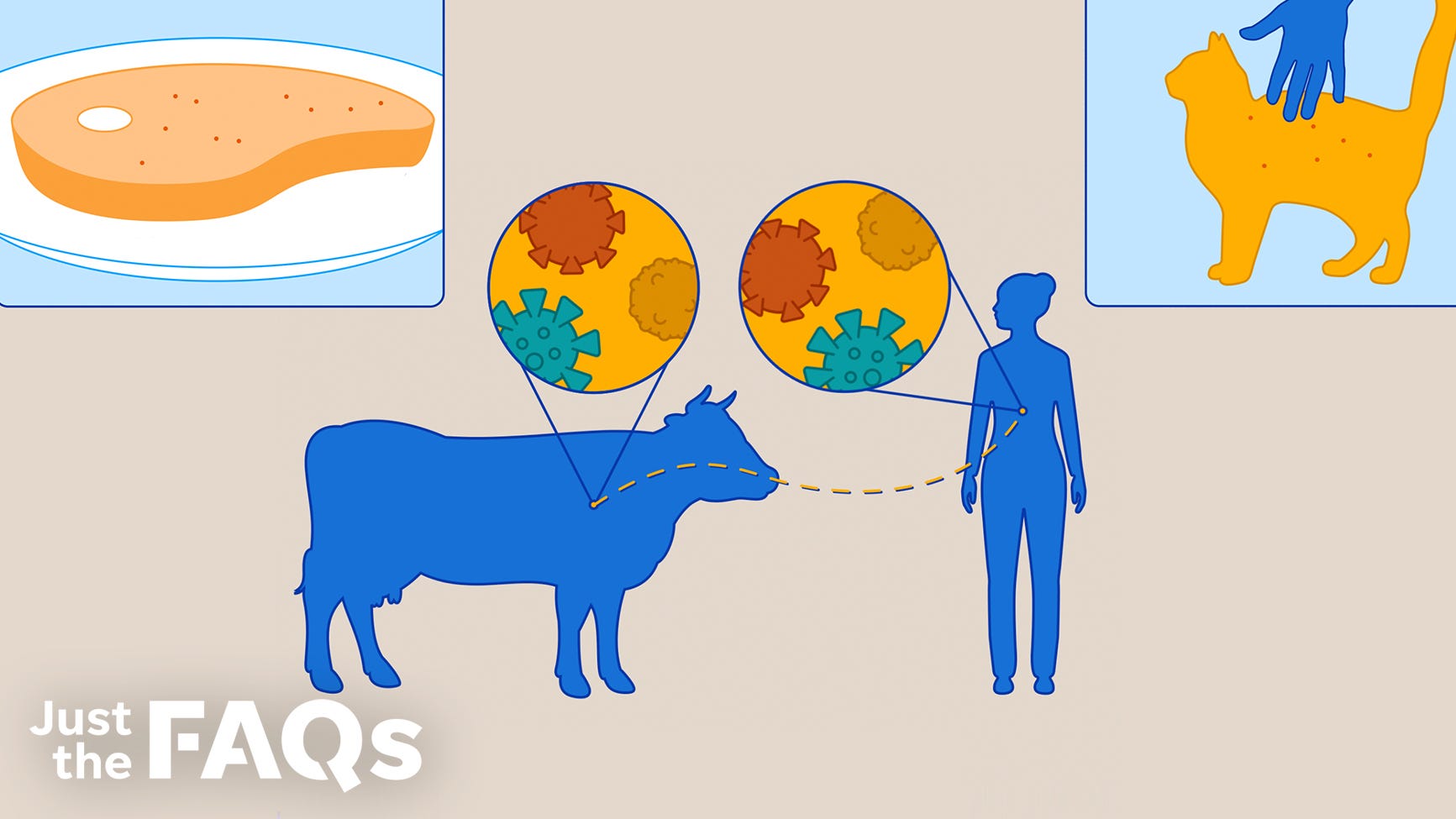A family visited a bat cave in Costa Rica. They were then infected with a fungal disease.

A bat cave in Costa Rica is likely the reason a family caught a fungal lung disease known as histoplasmosis.
In December of last year, a family of 13 visited Arenal and Manuel Antonio, Costa Rica, according to the CDC. While there, 12 of the 13 people on the trip visited the Venado Caves, a popular tourist attraction in the Alajuela Province of San Carlos, Costa Rica, according to a report published by the CDC.
Each person who visited the cave "became mildly or moderately ill" with the fungal lung infection when they returned to the U.S. to their homes in Georgia, Texas, and Washington.
The CDC, along with the Georgia Department of Public Health, Texas Department of State Health Services, and the Washington State Department of Health, launched a multi-state investigation in January into the cases after a physician in Georgia notified the CDC of suspected cases of histoplasmosis.
All of the family members reported seeing bats and stated that they had touched bat droppings while crawling through the cave and "squeezing through tight spaces."
What is histoplasmosis?
Histoplasmosis is a fungal disease commonly linked to bats and bird droppings, according to the Mayo Clinic.
"The fungus is commonly found growing in damp soil that's rich in organic material," like droppings from the animals mentioned above.
It is also commonly found in the following places, according to the Mayo Clinic:
- Chicken and pigeon coops
- Old barns
- Caves
- Parks
How does histoplasmosis spread?
People become infected with the fungal disease when they breathe in the spores of the fungus Histoplasma after the soil in which it resides is disturbed, according to the Los Angeles County Department of Public Health.
People are just as likely to contract it from bat droppings as they are from bird droppings.
The fungal disease does not spread from person to person, according to the CDC.
What are the symptoms of histoplasmosis?
Usually, when people breathe in the spores, they do not get sick, according to the CDC.
But those who do have it can face mild to life-threatening symptoms of pneumonia. The fungal infection is often misdiagnosed or diagnosed late because it can be mistaken for common pneumonia caused by bacteria and viruses.
People infected with Histoplasmosis can feel the following, according to the CDC:
- Fever
- Cough
- Extreme tiredness
- Chills
- Headache
- Chest pain
People with weakened immune systems could also develop a long-term lung infection, which, on rare cases, could spread to the brain and spinal cord.
Julia is a trending reporter for Paste BN. Connect with her on LinkedIn,X, Instagram and TikTok: @juliamariegz, or email her at jgomez@gannett.com.